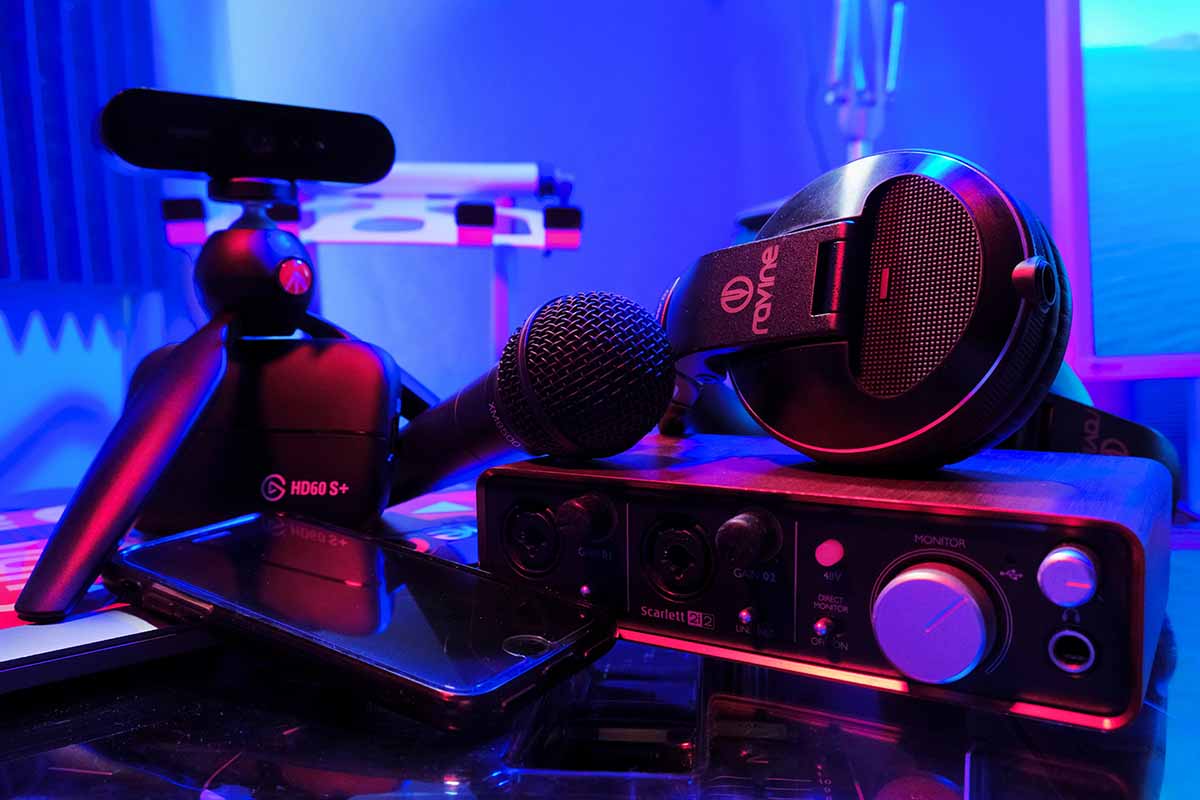To keep the first full review short, we only listed seven categories in the Etsy vs Shopify debate. But when you’re creating an online store, there are more categories to consider.
The three remaining categories listed in this second part aren’t as crucial to the decision-making process but will improve your store and make it more manageable.
ETSY vs SHOPIFY DEBATE PART II
A second look at three other fundamental aspects.
Etsy vs Shopify: Initial Setup
Have you ever considered how much time, effort, research, and skill go into opening an online store? That’s why people hire professionals to take on this mammoth task.
Several tasks complicate the process and if you don’t sort through these assignments in the initial setup, managing your store will be challenging, causing you to fight a losing battle.
You can divide the initial setup into four groups, each one determining how simple or complex the initial setup of your store will be.
Creating The Store:
If you don’t want to spend days or weeks obsessing over the look of your store, learning through tutorials on how to change the slightest aspect of your store, you need an uncomplicated method to create and customize your store. So, you only have to upload products and hit publish before your store is live.
Uploading Products:
SKU’s, product images, product descriptions, product tags, product categories, and inventory are all elements you’ll need to complete when you’re creating your store. Does your eCommerce partner make it easy for you to input all of this, or are you left to discover how to do this on your own?
Setting up Shipping:
How automated will shipping be? Are you going to need to go to UPS every time you need shipping labels printed? Are you unsure how much shipping will cost? Is there any way to reduce shipping so you can offer your customers free shipping on orders over a certain value?
SEO:
How are people going to find your store online? Do you have to include keywords in the title of your products, or can you include keywords in the metadata of your products so your store looks clean and aesthetic? Does your preferred eCommerce solution simplify the process of making your products SEO-friendly, do they give you control over how your titles appear in search engines?
Shopify enables you to customize your store but it’s a complicated process that requires quite a bit of financial and time investment in the beginning. Although they tout themselves as an easy-to-use alternative to having an online store created from scratch, if you simply want to upload products and manage inventory, then Shopify is a far more complicated option.
Etsy’s initial setup is something you can complete in a matter of hours. Once you’ve set up your store you only need to keep track of inventory and shipping. But Etsy also simplifies shipping with Etsy Shipping, which helps you determine the cost of shipping and can save you 30% on shipping. All you have to do is print the shipping labels and drop off your parcels.
Overall Winner: Etsy
Etsy vs Shopify: Lifetime Value
If you see yourself managing your online store well into the future, the choices you make at the start are going to determine the longevity of your store with greater certainty.
In part one of this Etsy vs Shopify review, we touched on scale and how it’s crucial to achieving growth. But, another crucial aspect is lifetime value. How much growth (profit) can you achieve with the fees of your preferred eCommerce partner? Over the lifetime of your store, how are the policies, infrastructure, and product development of your preferred eCommerce partner going to affect or enhance your store?
Shopify gives you scale, value, and policies that deliver long term and consistent growth. You have greater control over how you choose to manage and develop your store, and how much you’re willing to invest in it to ensure success.
Etsy, however, isn’t the best option for lifetime value. Their extensive list of fees and costs can negatively impact your profit. Additionally, you’ll always share a space with other sellers, meaning you constantly have to innovate to ensure you remain competitive, something you don’t need to be concerned about if you control the traffic to your store. Lastly, Etsy has changed their policies several times over the past few years. As a seller, you’ll be affected by those policy changes which could harm your store.
Overall Winner: Shopify
Etsy vs Shopify: Integration
The final category for this Etsy vs Shopify review is integration. This is the most overlooked aspect of online retail. But being able to integrate your store in several third-party services will help you scale and add value to your customers in ways that aren’t possible using the barebones services of your preferred eCommerce solution.
To automate, increase customer loyalty, and boost sales, integration is key.
Shopify has thousands of apps that you can use to increase the functionality of your store. These include free and premium integrations that will enable you to automate specific processes, increase customer loyalty, and double your sales figures.
Etsy only integrates with select third-party apps. Because of the way the marketplace operates, approving a comprehensive list of third-party apps would be impossible. Functions like email marketing through third-party apps, automating mail responses, and creating referral programs won’t be accessible when you’re using Etsy.
Overall Winner: Shopify
Winner: Shopify
In part one, Shopify beat Etsy four-three, however, in this second part, they’ve extended that lead to six-four.
Shopify is the master of online retail. They’ve considered the needs of business owners and have developed a service that caters to those specific needs. Success on Shopify isn’t guaranteed. But with a bit of elbow grease, it’s possible to develop a lasting business you can take pride in.
But, Etsy isn’t entirely bad. Depending on your requirements, Etsy may be the solution for you. Etsy is a no-frills approach to opening and managing an online store. On Shopify, you may never get a sale if you don’t have time or money to invest in the initial phase of your store. But on Etsy, in a few clicks, you’re up and running. If that’s more appealing to you than long term growth, then Etsy is a perfect solution.





